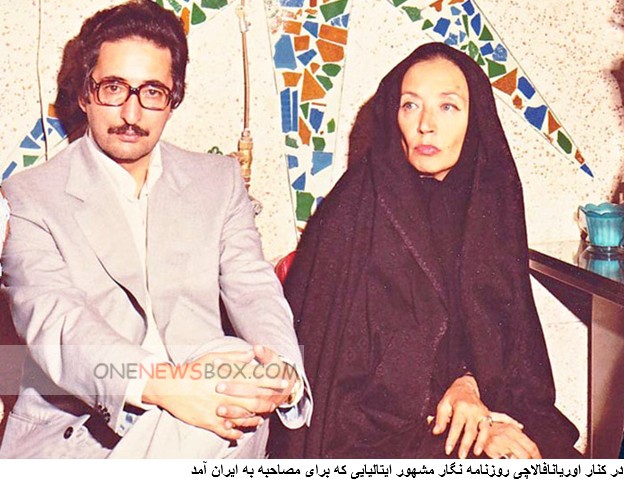Following the Revolution, Banisadr became deputy minister of finance on 4 February 1979 and was in office until 27 February 1979. He also became a member of the revolutionary council when Bazargan and others left the council to form the interim government. Eventually, he escaped to France, where he lived in exile for the rest of his life. From abroad, Banisadr continued to critique the government, emphasizing the importance of democracy, human rights, and freedom of expression. During his years in exile, Banisadr became a prolific writer and commentator. He authored several books and articles on politics, revolution, and governance.
His writings provide an insider’s view of the early years of the Islamic Republic, the dynamics of power between elected officials and clerics, and the challenges of leading a nation during wartime. Banisadr’s work remains an important resource for scholars studying modern history and political theory. Abolhassan Banisadr is remembered as a reformist, intellectual, and moderate voice during a turbulent period in history. Despite his short presidency, his ideas on democracy, human rights, and economic reform continue to resonate with who advocate for political change.

